Lost in a good book
For much of the last fortnight every spare minute of my day has been spent in nineteenth century Paris. Whether I've been walking the dog or having my lunch my heart and mind have been in the Paris of the barricades, of Jean Valjean, Javert, and Cosette.
Back in the 1990s I went to a production of Les Miserables in the West End. Very good it was too, and then a fortnight ago there was a strange coincidence. The film of the musical was on telly (though I only saw a few chunks of it), and I remembered that I had a copy of the book that I'd bought at the theatre all those years ago, but had never read. Couldn't remember where it was though, and then the following day while clearing out the understairs cupboard I found the book. It was obviously meant to be....
The edition I've got is the old Penguin edition translated by Norman Denny. This is variously described as unabridged, lightly abridged, and heavily abridged(!). With about 25% of the original missing, it's a fairly heavy abridgement. Set against this is the beauty of Denny's translation which, even if it cuts Hugo's text, stays faithful to his intentions. Even with 25% missing it's still a hefty tome weighing in at 1232 pages. It was almost certainly this that put me off engaging with the book originally, and that was a real mistake, as what I hadn't realised was what a cracking read it is. Also ( a quick word in the translator's defence) although it's a great read Hugo does love to waffle; anything that grabs his imagination be it Waterloo or the Paris sewers is gone into in great detail, whether or not it is strictly relevant. So Denny has just excised the over-elaborations rather than anything that is directly germane to the plot. For a Les Mis virgin this makes the book even more readable, though for my second time around I would probably combine the Denny with an earlier unabridged (if not so beautiful) translation.
So what's so good about it? Quite simply it's a wonderful plotline. Jean Valjean is sentenced to hard labour after stealing bread to feed his younger siblings, Valjean makes several escape attempts, but is recaptured every time lengthening his sentence to an incredible 19 years. On the run again he has an epiphany when he meets a kindly bishop. Valjean reinvents himself and becomes a much loved factory owner, but the law is still implacable and on his trail...
It's a classic tale of love and redemption; though the central love story here is unusually not a romantic one, but an adopted father's love for the child that he has saved. Hugo combines brilliant elements of high adventure, a touch of the crime novel, love, romance, and redemption. He examines the big themes of the nineteenth century: democracy and revolution, republics and kings, liberty and conformity, poverty and excess; and sets these against their impact on the lives of those who are affected by them. He is gloriously non-judgemental. There are some truly evil characters such as the inn-keeper Thenardier and his wife; although the wife at least has probably been warped by the poverty of her life. But even out of this seemingly barren soil will come the loving waif Eponine, and the heroic urchin Gavroche.
Victor Hugo's characterisation is superb. Every character in an enormous cast is delicately painted, and France herself is a character too with all her foibles, her great advances and her hopes for the future, but also with her prejudices and the dark underworld that so many of her citizens are sucked into. Of course it's not just true of France, Hugo's nineteenth-century France is also Everycountry as his characters have a hint of Everyman. The optimistic assertion that "the nineteenth century is great, but the twentieth century will be happy" didn't come true, but perhaps it is this too that makes Les Miserables great. Its story of redemption and the quest for a better life remain as relevant today as ever.
It's been a while since a book has completely absorbed me in this way. Welcome to the wonderful world of Les Miserables.


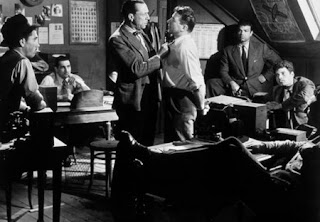

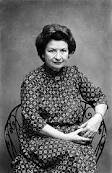
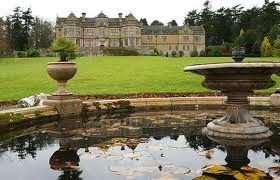
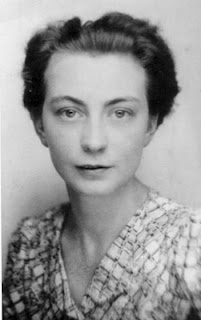
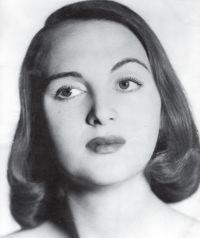

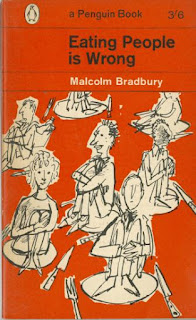
Comments